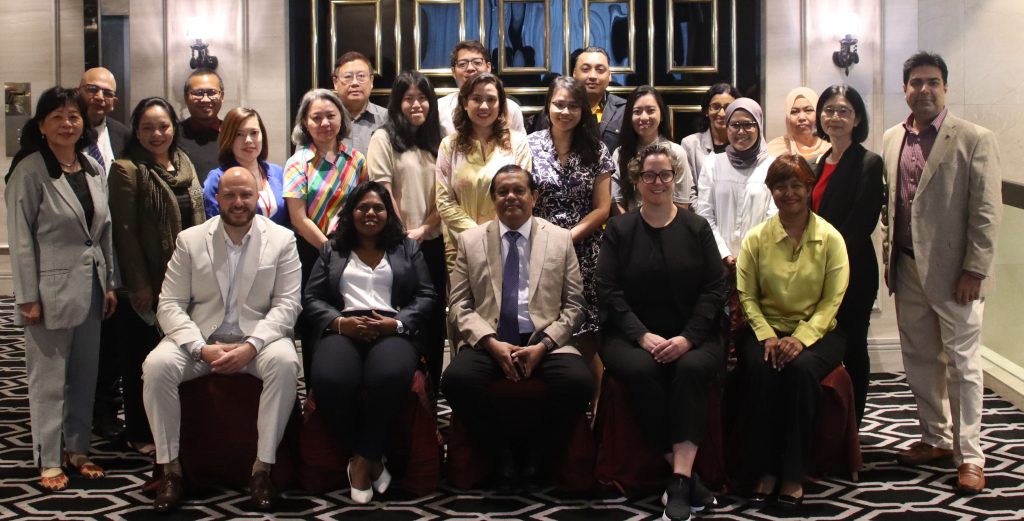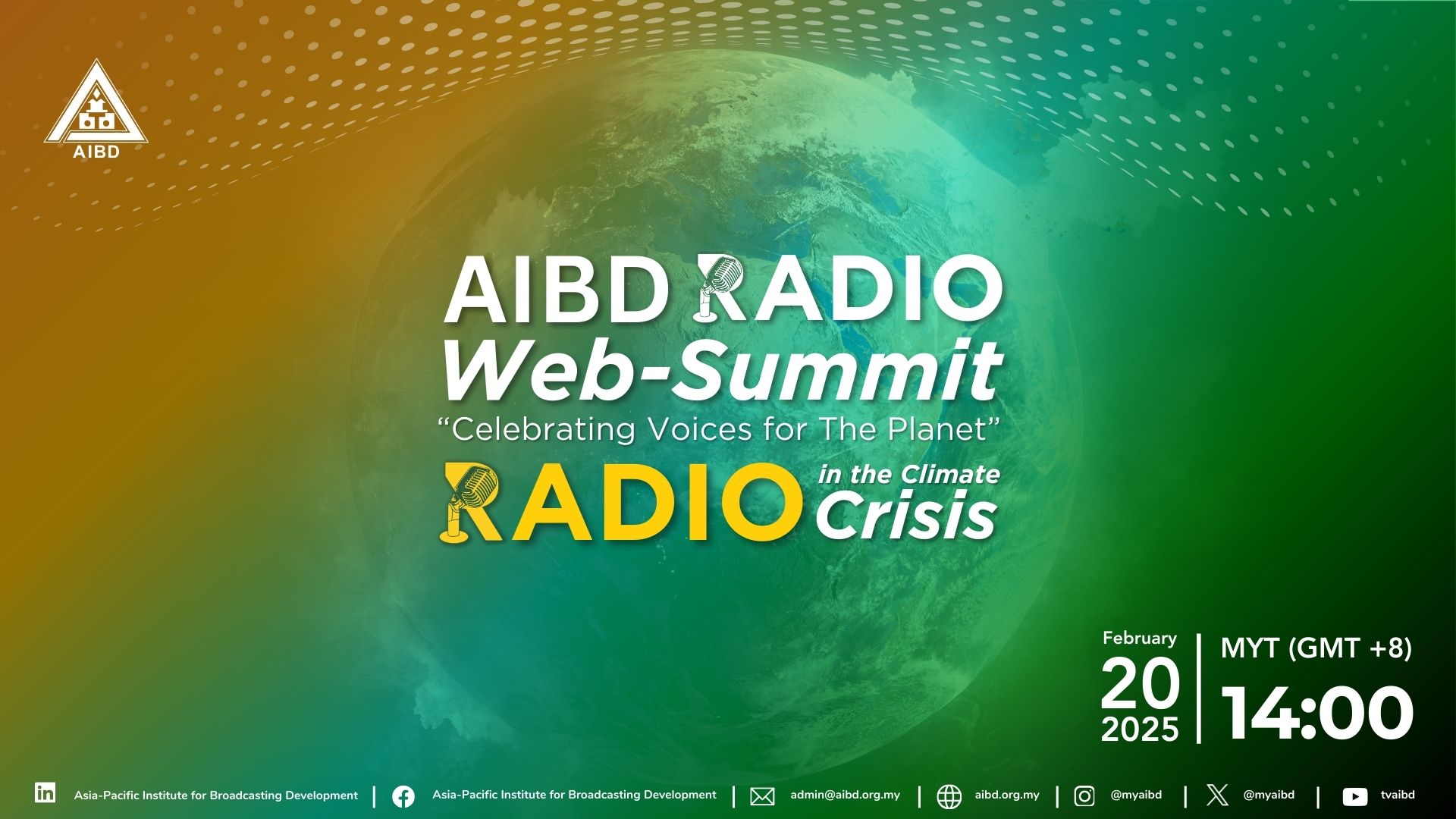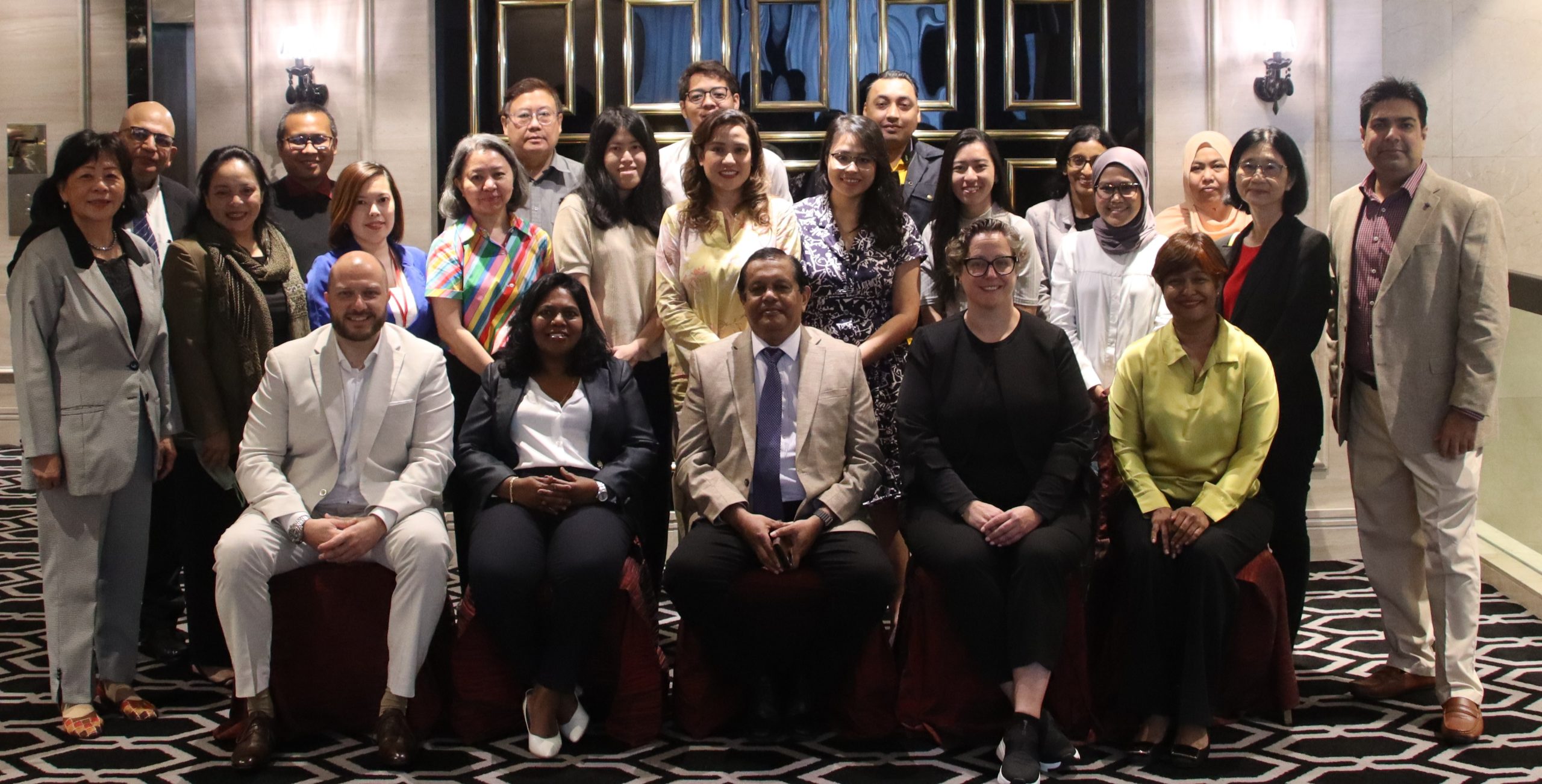
Day 1 – KL Health Journalism workshop
The second series of the AIBD/WHO workshop on Health Reporting Strategies And Fighting The Infodemic after the first workshop in Brunei Darussalam, began at a local hotel in Kuala Lumpur today, 21 November 2022.
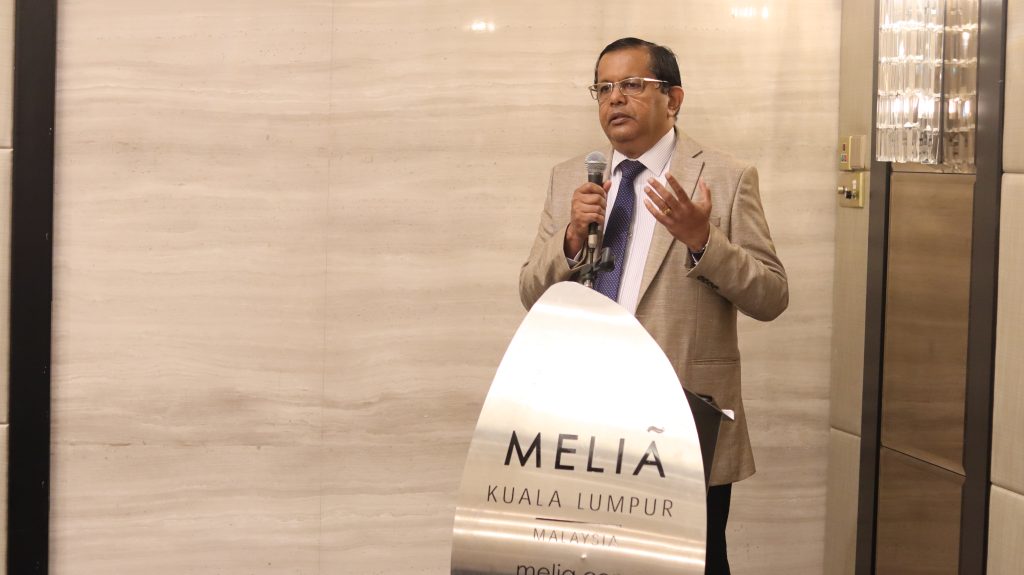
Jointly organised by AIBD and the WHO, 15 participants including two journalists from the Channel News Asia (CNA) Singapore and different media organisations in Kuala Lumpur are attending the 3-day workshop.
Opening the workshop, WHO Representative for Malaysia, Brunei Darussalam and Singapore, Dr Rabindra Abeyasinghe said WHO considers Infodemic as a serious health threat that causes confusion, mistrust in health authorities and can ultimately undermine all public health efforts. Misinformation and rumours thrive during a crisis and are typically the result of fear and anxiety.
Hence, WHO views the media as a crucial partner in ensuring the public is well-informed and well-protected by continuing to play an important role in shaping public perceptions in providing facts, insight and balanced information.
He emphasised “COVID-19 is not our only health concern. Media, being the “eye” of the public, have enormous potential to influence health-related behaviours and help WHO tackle issues like the ever-growing silent epidemic of non-communicable diseases, including mental health, that have a detrimental impact on the well-being of the population”.
Therefore, it is critical to continue emphasizing and elevating health journalism in the public domain as our national health priorities include a broad spectrum of issues that have been overshadowed in recent years and must need our full attention.
Dr Rabindra stressed that ethical journalism is the foundation and a great responsibility of the media practitioners. From sharing fact and evidence-based, reliable, and timely information, to reporting without stigma and discrimination, working to reach vulnerable populations, and ensuring that we don’t just minimize harm but improve our collective circumstances and health outcomes.
“Hence, we must continue our work together to overcome gaps and inequalities through the development of strong health policies and strengthened health journalism”, he reiterated.
In her welcoming remarks, AIBD Director, Ms Philomena Gnanapragasam said AIBD has produced Health Communication Manual (HCM) out of the impact of COVID-19 as guidelines for media reporting.
Prior to that AIBD initiated with WHO to conduct a workshop on health-related issues before the onset of COVID-19 pandemic globally. Today, AIBD is honoured to partner WHO to conduct the workshop.
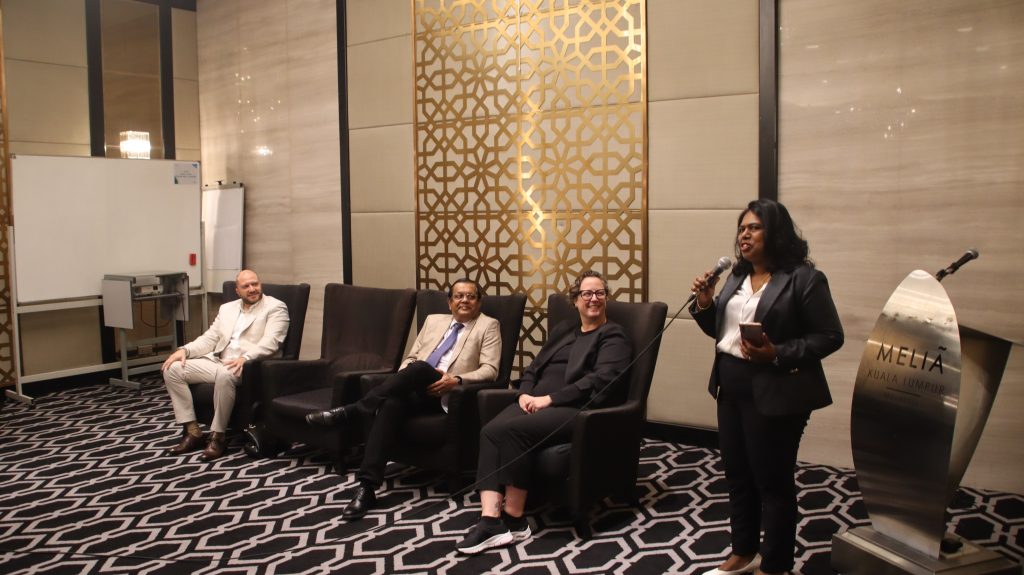
The first workshop on Health Reporting Strategies and Fighting the Infodemic for the media practitioners and Ministry of Health (MOH) in Bandar Seri Begawan Brunei Darussalam from 14-17 November 2022, was a success.
Mr K.P Madhu, Media Consultant, Health & Science Writer from India, conducted an interactive session with the participants virtually on Principles of Health Journalism covering holistic approach towards health issues and challenges faced by the health reporters.
He also advised the workshop participants to design, select, structure and develop their health-related programme content for the right target audiences besides communication their reports appropriately.
Health Communication Consultant, Ms Meera Sivasothy also sharing her insights and experience as a Radio presenter on Health Journalism for the past 13 years. She advised that is never too late to start a programme on health-related issues.
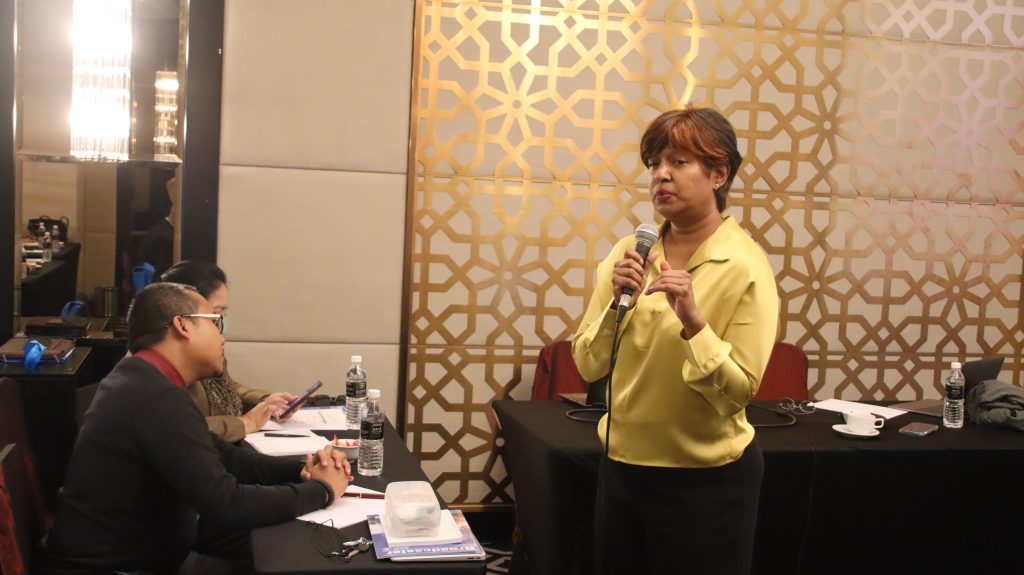
Speaking on creating content for media, she said “don’t worry how complicated healthcare seem to be. Media practitioners are the bridge between professionals and the common person. Eventually, their health-related programmes would build up the interests of your audiences, listeners and readers after sometimes”.
Ms Meera also interacts with the participants on the challenges and lessons learned from Covid-19 Pandemic.
